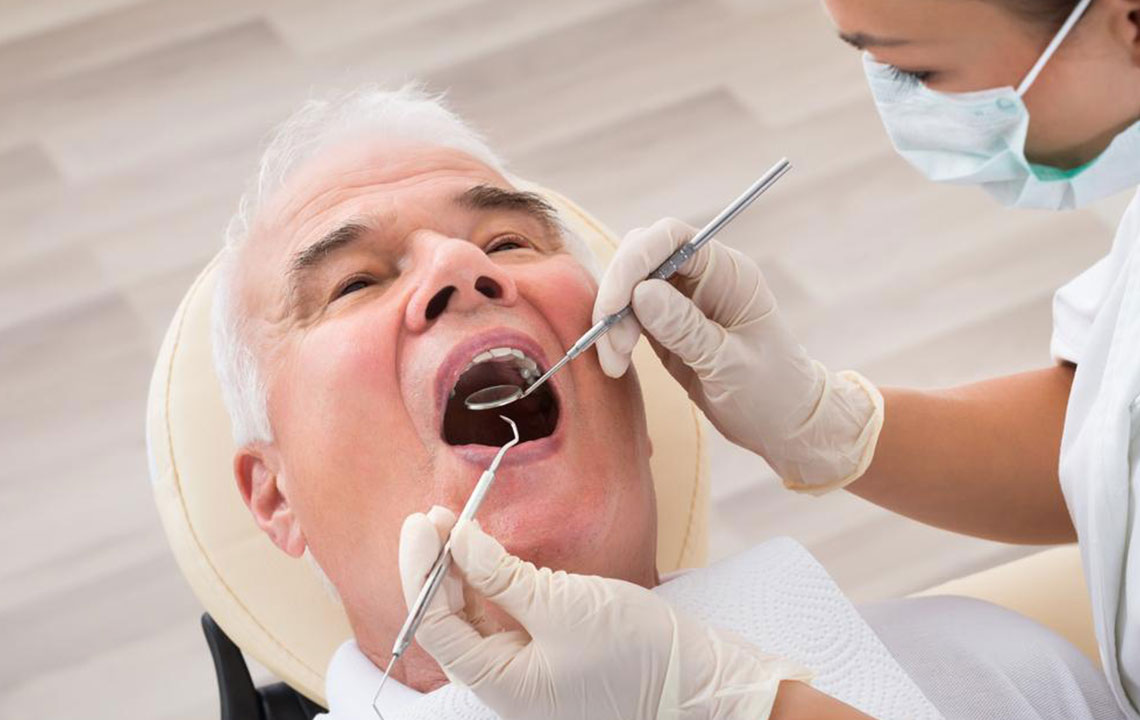Complete Guide to Understanding Dental Insurance Options and Coverage
This comprehensive guide provides an in-depth look into dental insurance, covering costs, coverage options, differences with Medicare, and practical tips for obtaining the right plan. It aims to help individuals understand how dental insurance works and how to maximize their benefits for optimal oral health and financial stability.

Comprehensive Overview of Dental Insurance: Essential Insights and Coverage Details
Having a solid understanding of dental insurance is crucial for maintaining oral health and managing expenses effectively. While many are familiar with general health insurance, dental coverage often remains a confusing aspect of healthcare plans, especially within the context of Medicare and other senior health programs. This guide explores all facets of dental insurance, including costs, coverage options, differences between Medicare and supplemental plans, and practical steps to secure the right coverage for your needs.
What is the typical cost associated with dental insurance premiums? Understanding the financial commitment involved in maintaining dental coverage helps individuals plan better for their healthcare needs. The average annual premium for dental insurance tends to fall between $240 and $600, though this range can fluctuate based on the coverage level, services included, provider networks, and geographic location. For those seeking comprehensive coverage, premiums might lean towards the higher end, whereas basic plans generally cost less.
How do Medicare and dental supplemental plans differ? It's essential to recognize that Original Medicare, which primarily covers hospital and certain medical services, offers limited dental coverage. Typically, Medicare covers only specific dental procedures directly related to major surgeries, such as pre-transplant dental assessments, or treat infections stemming from dental procedures in certain situations. Routine preventive and restorative dental care—like cleanings, fillings, crowns, or extractions—are generally not covered under standard Medicare plans. To fill this gap, many seniors and beneficiaries opt for supplemental dental insurance plans, sometimes called dental benefit plans or dental HMO/PPO plans, which provide broader coverage for everyday dental needs.
How Do Dental Insurance Plans Function?
Dental insurance plans typically operate by covering a portion of the costs associated with various dental procedures. Preventive services like biannual cleanings, examinations, and X-rays are usually covered at a high percentage or entirely, encouraging regular dental visits without significant out-of-pocket expenses. For restorative procedures, such as fillings, crowns, root canals, and extractions, insurance generally covers a significant part of the costs, though coverage percentages and limits vary by plan. Some plans might impose annual maximums, meaning once a set amount is reached within a year, the insured must cover additional expenses. It's important to review the specifics of each plan, including waiting periods, covered procedures, and provider restrictions, to ensure comprehensive coverage.
What is a dental benefits plan?
Since traditional Medicare does not cover routine dental care, many insurance providers offer dedicated dental benefits plans. These plans are specially designed to supplement standard healthcare coverage by including preventive dental services, basic restorative treatments, and sometimes major procedures. They aim to promote oral health and reduce out-of-pocket expenses for common and essential dental care.
How can you obtain dental insurance?
Most individuals acquire dental coverage through employer-sponsored group plans, which often provide better premiums and coverage options due to the pooled risk. Alternatively, individuals can purchase individual dental insurance policies directly from insurance companies or through authorized agents. The annual premiums for these plans generally range from $240 to $600, depending on the level of coverage and specific services included. It is advisable to compare different plans based on coverage limits, provider networks, waiting periods, and premiums before making a decision.
Understanding the nuances of dental insurance empowers you to make informed decisions about your oral health and financial planning. Whether you are exploring coverage options for yourself or a loved one, evaluating both cost and coverage scope is essential to ensuring access to quality dental care while managing expenses effectively.





